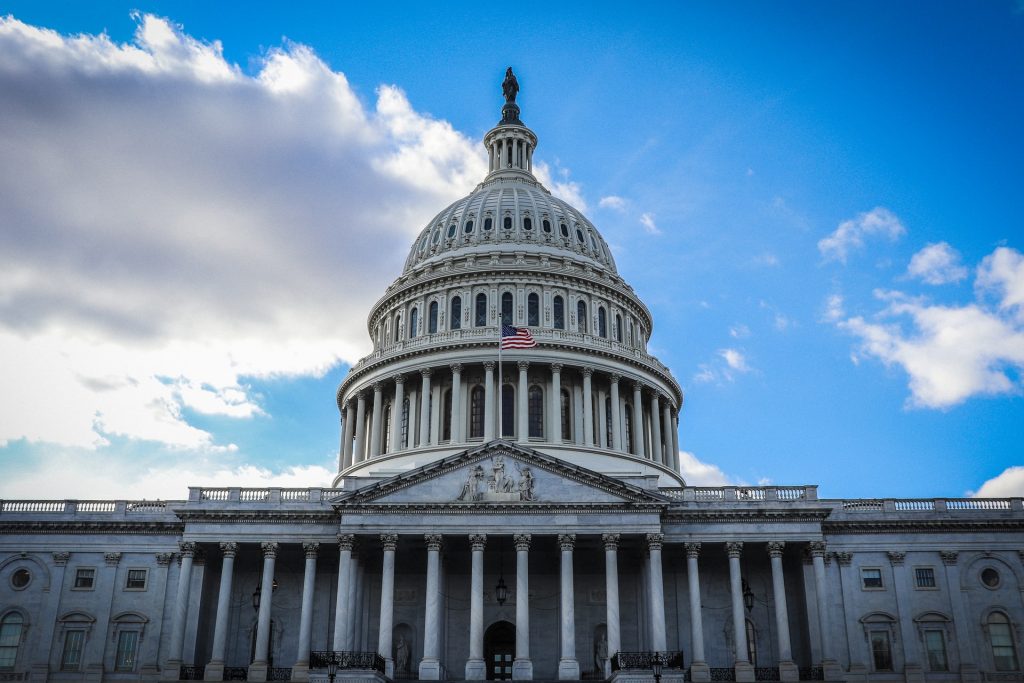Some of the biggest household names in technology have been placed in the crosshairs of a United States Senate panel, which has advanced an antitrust bill designed to prevent the likes of Apple, Google and Amazon from favoring their own services in an anticompetitive way.
As reported by The Wall Street Journal, the American Innovation and Choice Online Act won bipartisan approval from the Senate Judiciary Committee by 16 votes to six on Thursday.
The bill, which is now set for a vote before the full Senate, aims to prohibit tech giants from “self-preferencing” their own products and services on platforms that they own. Listed examples in the legislation of behaviors that the measure is supposed to guard against include a platform referencing its own products or services in search results, or a business using nonpublic platform data to compete with similar, but smaller firms.
Although the legislation won support from senators on both sides of the aisle, it also faced both Democratic and Republican criticism.
Democrat Sen. Dianne Feinstein, for instance, voted in favor of the bill at the committee stage, but said it specifically targeted businesses in her home state of California that she represents. She also said that any company engaged in anticompetitive acts should be included the legislation.
Meanwhile, for the Republicans, Sen. Mike Lee suggested in the committee meeting that the bill had been written too broadly and would cause “collateral damage” to the industries it was attempting to protect, as well as to the tech sector in general.
Apple had already voiced its opposition to the bill earlier in the week. The Cupertino firm sent a letter to US lawmakers arguing that the American Innovation and Choice Online Act – and another antitrust bill, the Open App Markets Act – would be detrimental to competition and innovation, in addition to harming consumer privacy and security.
The legislation will be subject to wider debate and voting when it reaches the Senate floor, and a further committee hearing on it may yet take place.
